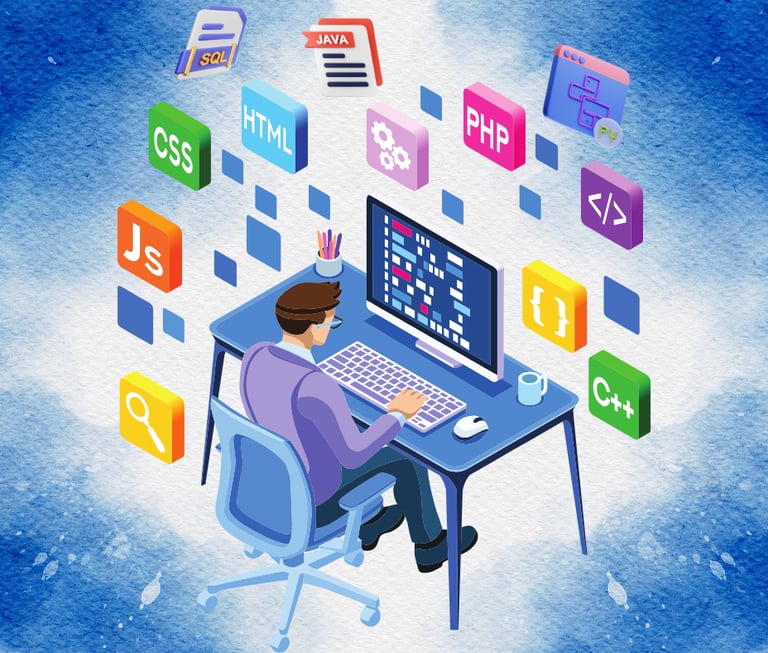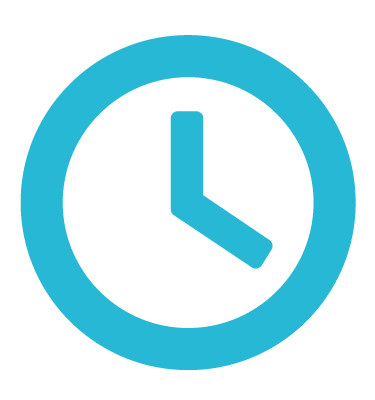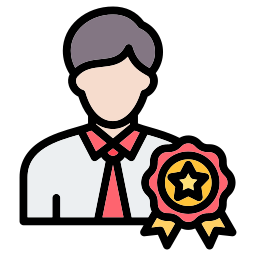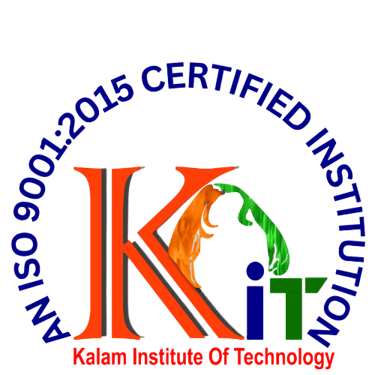FULL STACK DEVELOPMENT
BEST COURSE TO LEARN BECOME A
FULL STACK DEVELOPER


FULL STACK DEVELOPMENT
Duration Of Course
6 Months
Learning Mode
Regular | Weekend |
Online
Course Level
Professional






DESCRIPTION
This comprehensive Full Stack Web Development course is designed to provide participants with a well-rounded skill set, covering both front-end and back-end technologies.
Participants will learn how to build dynamic and interactive web applications from the ground up, gaining proficiency in various programming languages, frameworks, and tools used in the full stack development process.
1. Introduction to Full Stack Development:
Understand the concept of full stack development and its role in creating end-to-end web solutions.
Explore the components of both front-end and back-end development.
2. Front-End Development:
Master HTML, CSS, and JavaScript for creating visually appealing and interactive user interfaces.
Learn front-end frameworks such as React, Angular, or Vue.js for building robust client-side applications.
3. Back-End Development:
Gain proficiency in server-side scripting languages like Node.js, Python, or Ruby.
Explore back-end frameworks such as Express.js, Django, or Ruby on Rails for efficient server-side development.
4. Database Design and Management:
Understand database design principles and relational databases.
Learn to interact with databases using SQL and implement database operations within the application.
5. Full Stack Frameworks:
Explore full stack frameworks such as MERN (MongoDB, Express.js, React, Node.js) or MERN (MongoDB, Express.js, React, Node.js).
Understand how these frameworks facilitate seamless integration between front-end and back-end components.
6. API Development:
Learn to develop RESTful APIs to enable communication between the front-end and back-end components of a web application.
Understand API design principles and best practices.
7. Authentication and Authorization:
Implement user authentication and authorization mechanisms to secure web applications.
Explore methods such as OAuth and JWT for secure user authentication.
8. Version Control and Collaboration:
Master version control using Git for collaborative development.
Understand branching, merging, and pull requests in a team environment.
9. Deployment and Hosting:
Learn how to deploy full stack web applications to cloud platforms or hosting services.
Understand considerations for scalability, performance, and security in deployment.
10. Testing and Debugging:
Develop skills in testing both front-end and back-end components of web applications.
Learn debugging techniques for identifying and fixing issues.
What you will learn
Contact
Connect with us for more information on courses.
Location
Sundar Nagar 1st Street
Annapoorna Hotel Backside
Thirunagar 2nd Stop
7868850980
kalamkit.info@gmail.com
7868850980
© 2024. All rights reserved.
Thirunagar Address
Jawahar Nagar 2nd Street
Near Bank of Baroda
ThiruMangalam Busstand Backside
7904352298
kalamkit.thirumangalam@gmail.com
